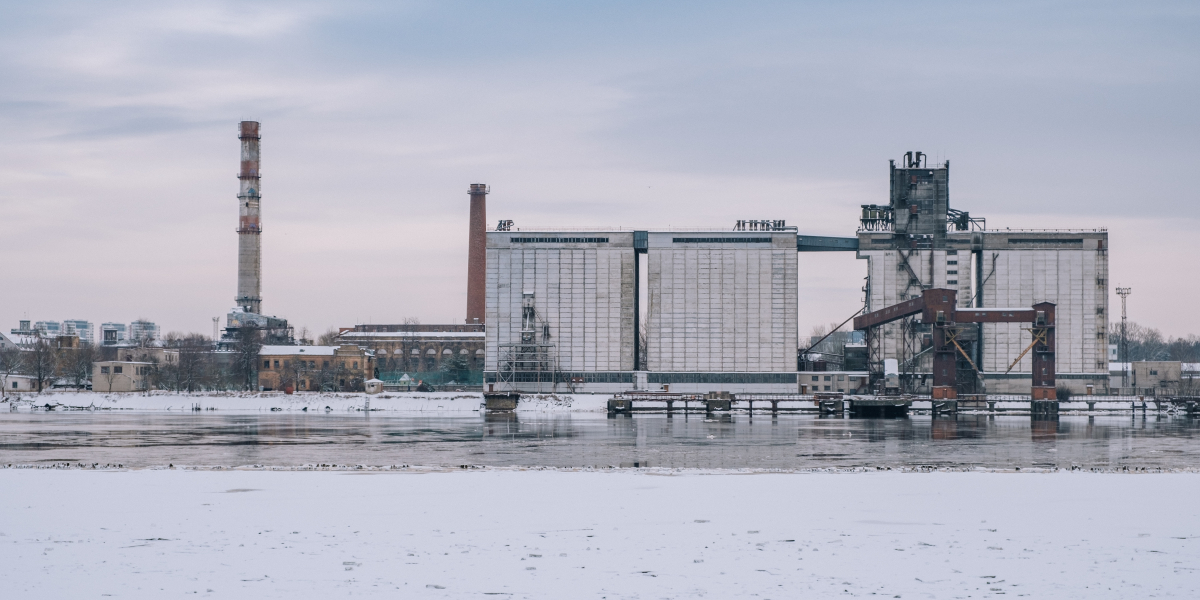
February 14, 2020
Guest post by Philippe Kabore
There is a growing body of recent work that links economic activity to temperature and weather. Early studies focused primarily on the agricultural sector, as it is directly impacted by changing atmospheric conditions. Several more recent studies have found that increasing temperatures have a negative impact on economic activity at the country or sub-national level. For instance, Burke et al. (2015) found a non-linear relationship between temperature and economic growth in both developed and developing countries and Deryugina and Hsiang (2017) found a non-linear relationship between income and temperature in US counties. Our paper analyzes the effects of extreme temperatures on manufacturing output using all manufacturing establishments in Canada for the period 2004 to 2012.
Manufacturing sectors account for more than 10% of Canada’s total GDP and 68% of all Canada’s merchandise exports. Like prior studies, we use the estimated relationship between temperature and economic output to develop predictions about the impact of future climate change on this sector. We also analyze the mechanisms behind the temperature-output relationship. Finally, we study whether manufacturing sectors adapt to extreme temperatures, by exploring the assumption that establishments operating in the coolest or hottest areas have an incentive to invest in adaptive tools to mitigate the effects of extreme temperatures.
We define extreme temperatures as days below -18 degrees Celsius or above 24 degrees Celsius. We find that extreme temperatures reduce annual manufacturing output by 2.7% on average, with extreme hot and cold temperatures contributing roughly equally to this impact. Given the predicted change in temperature for the middle and end of the century, in the absence of any adaptation, we predict manufacturing output losses to range between 3.4 to 4.7% per year by mid-century and 4.7 to 9.3% per year by the end of the century.
These results are obtained from a simple model where production is derived from a combination of labour inputs and labour productivity. Inputs (such as labour, capital and land) are used in economics to estimate the quantity of finished goods and services (i.e. output) produced by a manufacturing sector. Productivity is a measure of how efficiently various inputs (including labour) are used to produce a given level of output. In this work, temperature shocks on production are the result of temperature impacts on either labour productivity or labour inputs. We find that labour inputs are the main driver of the temperature-output relationship. We also find that labour productivity contributes to explaining the loss of output only during cold days. Furthermore, our study shows that manufacturing establishments operating in the coolest or hottest places are not adapting to their local temperatures. Our results also suggest that small or labour-intensive establishments are the ones driving the observed temperature-output relationship, while extreme temperatures do not affect larger or capital-intensive establishments.
In conclusion, we find that extreme temperatures have a significant negative effect on manufacturing output in Canada. Our finding is robust to the use of alternative measures of temperature, such as minimum and maximum temperature or the use of temperature measures that adjust for relative humidity and wind speed. Additionally, we have not found any evidence that manufacturing establishments are effectively adapting to their local temperatures. These results have several policy implications. First, manufacturing sectors’ current efforts to attenuate the negative effects of extreme temperature appear so far to be unsuccessful, suggesting that there is a need to assess the adaptation efforts currently underway and how they could be improved. Furthermore, given that small establishments will be most affected by extreme temperatures, policy efforts should focus on helping them invest in equipment that mitigates the effects of extreme temperatures and reducing labour sensitivity to extreme temperatures.
Philippe is supervised by Nicholas Rivers, Canada Research Chair in Climate and Energy Policy at the University of Ottawa. Philippe presented their research “Impact of Temperature on Canada Manufacturing Activity”, at the Canadian Economics Association Annual Meeting, Banff 2019. His trip was funded by the Smart Prosperity Institute’s Graduate Student Travel Award.